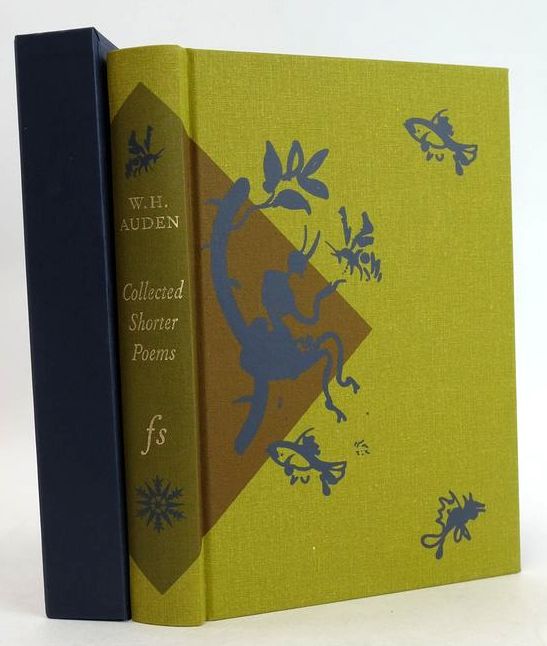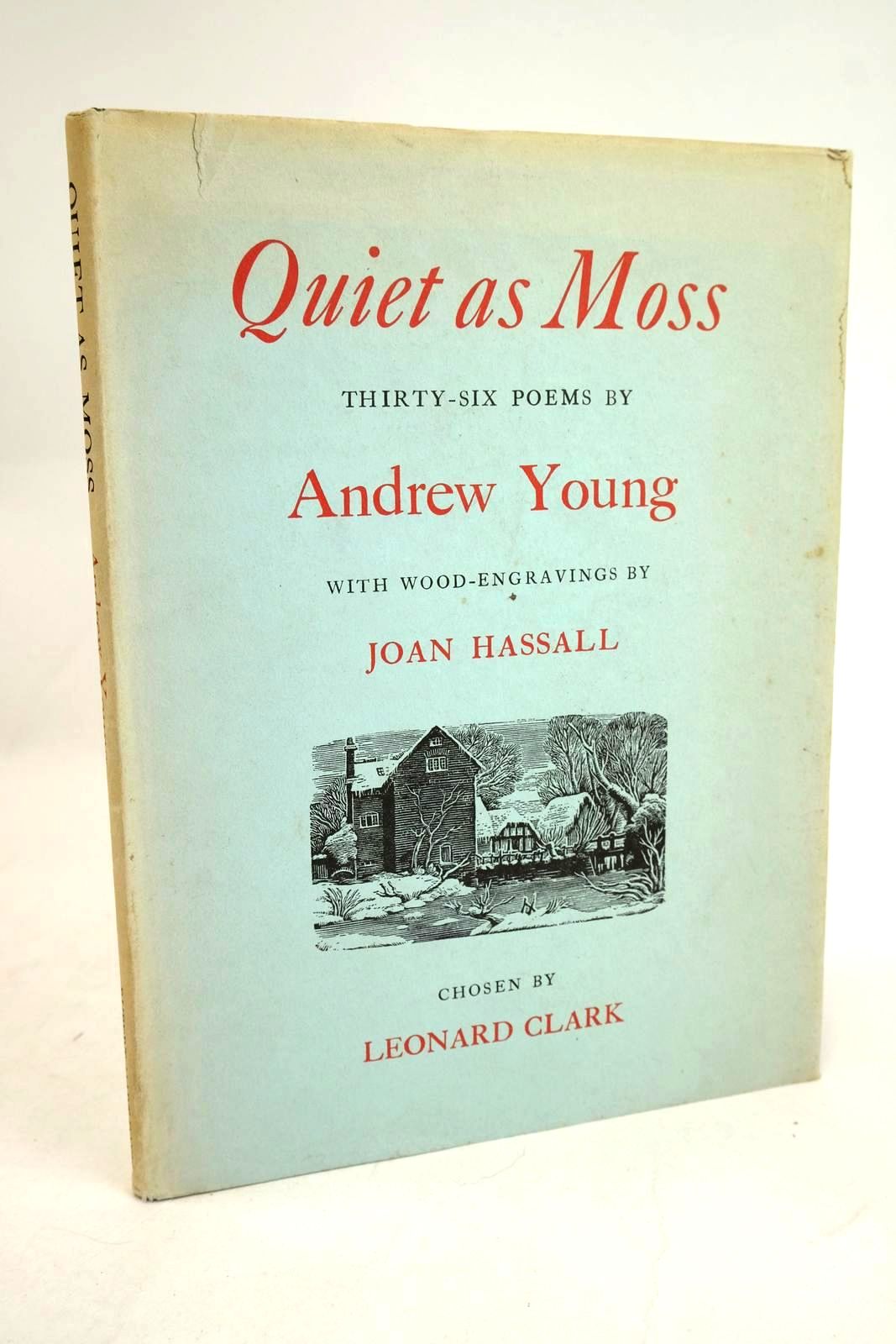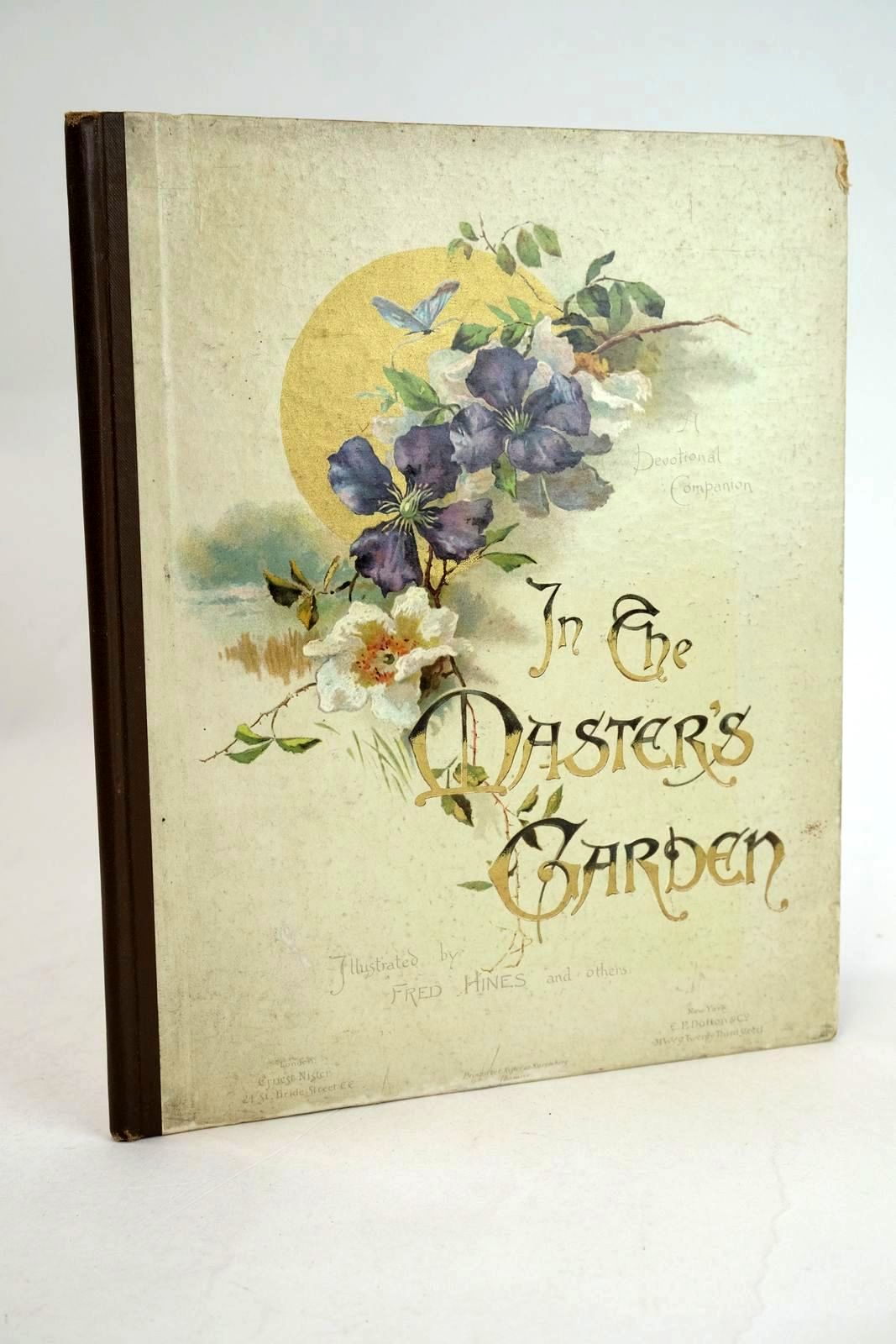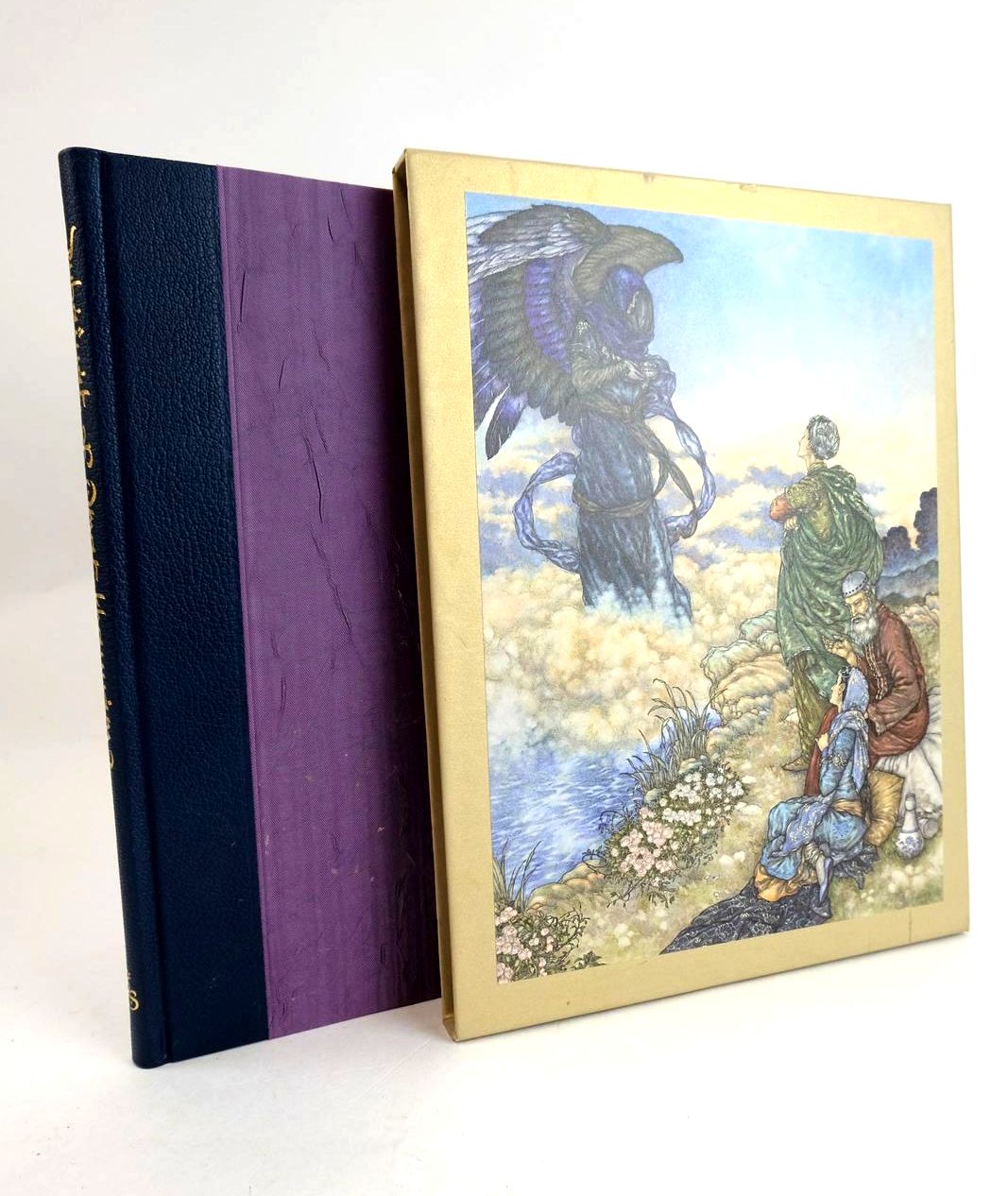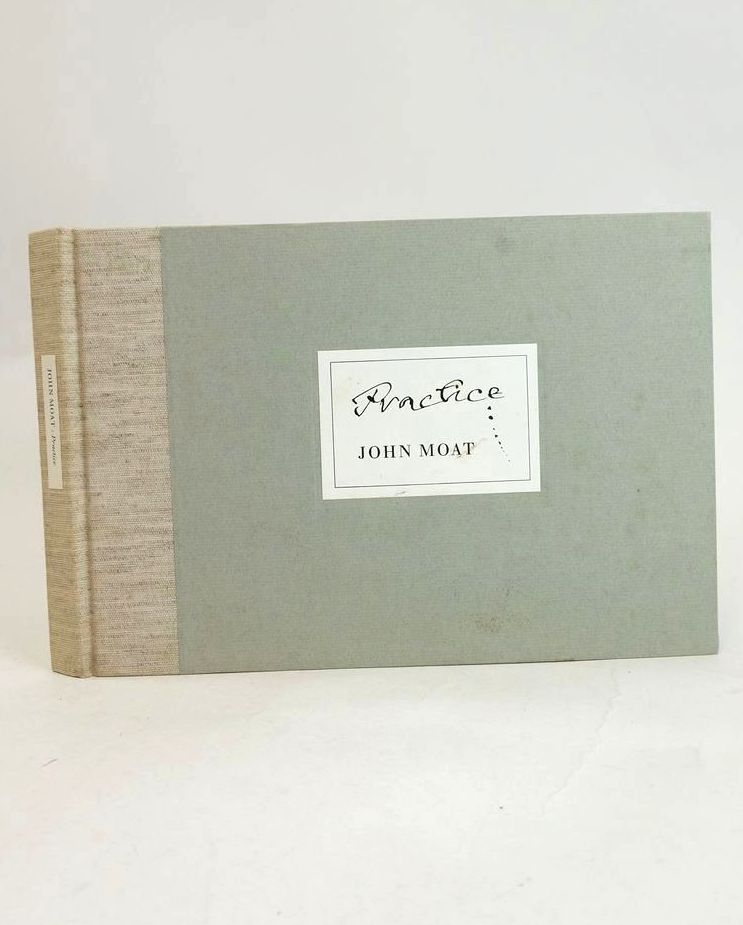The Rime of the Ancient Mariner by Samuel Taylor Coleridge
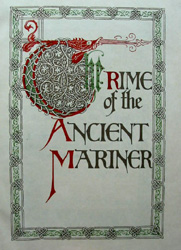 View current stock of books by Samuel Taylor Coleridge
View current stock of books by Samuel Taylor Coleridge
I suppose that I should begin with a confession. Although familiar with the title and a few half-remembered quotations, until recently my exposure to this great poem had been largely through the Iron Maiden song in which extracts of the text are recited. Though the work of Bruce Dickinson is remarkable in many ways, I felt that it was time to settle down and read the original text in full.
 Now, I don't have to tell you that Coleridge was a clever chap and knew a thing or two when it came to penning decent poetry - and this poem is certainly an arresting read.
Now, I don't have to tell you that Coleridge was a clever chap and knew a thing or two when it came to penning decent poetry - and this poem is certainly an arresting read.
The Rime of the Ancient Mariner is one of Coleridge's longest works and was first published within Lyrical Ballads in 1798, a book written and published jointly by Coleridge and Wordsworth. With the original title The Rime of the Ancyent Marinere, the poem continued many archaic spellings, even for its time. Perhaps the intention was to reinforce the atmosphere of a distant time - the action of the main narrative seems to have been set in the medieval period. However, by the second edition of 1800 Coleridge had modernized the spelling as the poem had been criticized for being obscure and difficult. In 1817 a revised and glossed version was published in Sibylline Leaves - and it is this version of the text which is most familiar today.
In terms of its structure, the poem consists of a tale told by an old and ragged Mariner to a guest at a wedding party. The Mariner describes an ill-fated voyage undertaken to the icy southern seas where the crew was befriended by an albatross that flew around the ship and came to the sailors when they called. One day, and for no apparent reason, the Mariner shoots the albatross with a crossbow and it is this unthinking act which dooms both him and the crew.
After traveling into warmer waters, the ship is becalmed and the crew afflicted by a terrible drought in some of the best-known lines from the poem:-
 'Day after day, day after day,
'Day after day, day after day,
We stuck, nor breath nor motion;
As idle as a painted ship
Upon a painted ocean.
Water, water, every where,
And all the boards did shrink;
Water, water, every where,
Nor any drop to drink."
At last, sailing without a breeze, a ship is seen to approach the becalmed vessel carrying a crew of two - Death, and she that is Life-In-Death. They are playing dice for the life of the Mariner, and it is Life-In-Death that achieves victory. While the crew is doomed to Death, the Mariner will continue to live - but still pay the price for his crime. The ghostly ship of Death sails away, and the two hundred crew die one by one, cursing the mariner and leaving him alone on a deserted sea.
 The Mariner faces a series of supernatural events until one day when he happens to pray for the beauty of some sea-snakes. The curse begins to break and at last the Mariner is returned to his own country - but before he reaches land his ship is suddenly sunk and he is brought ashore by a hermit, the harbour pilot and his son. But even when he is restored to land, the Mariner's penance must continue. He is afflicted by a torment that requires him to tell his tale wherever he goes, and only by the telling of the story is he able to achieve a temporary respite - until the torment grows once more and he must find another person to listen to the tale.
The Mariner faces a series of supernatural events until one day when he happens to pray for the beauty of some sea-snakes. The curse begins to break and at last the Mariner is returned to his own country - but before he reaches land his ship is suddenly sunk and he is brought ashore by a hermit, the harbour pilot and his son. But even when he is restored to land, the Mariner's penance must continue. He is afflicted by a torment that requires him to tell his tale wherever he goes, and only by the telling of the story is he able to achieve a temporary respite - until the torment grows once more and he must find another person to listen to the tale.
Superficially, the poem may be read as a tale of horror, and it is full of strange, macabre and Gothic elements. However, the underlying message is that all things that inhabit the natural world have an inherent beauty - even the sea creatures from which the Mariner had recoiled previously (above left):-
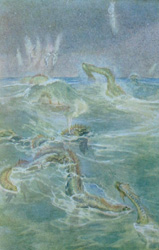 "Yea, slimy things did crawl with legs
"Yea, slimy things did crawl with legs
Upon the slimy sea."
This message is emphasized at the close of the poem:-
"He prayeth best, who loveth best
All things both great and small;
For the dear God who loveth us
He made and loveth all."
Just as the unthinking murder of the albatross leads to the penance and transformation of the Mariner, so the story leads to a transformation of the audience. At the start of the poem the wedding guest is dismissive of the ragged Mariner - "Hold off! Unhand me, grey-beard loon!" - but by the end of the tale he is in somber and reflective mood:-
"He went like one that hath been stunned,
And is of sense forlorn:
A sadder and a wiser man,
He rose the morrow morn."
If you haven't yet read this poem, I would certainly recommend it - there are just too many fascinating elements to do justice in a brief article such as this!
Contributed by Tim
(Published on 16th Dec 2014 )


